In the News
-
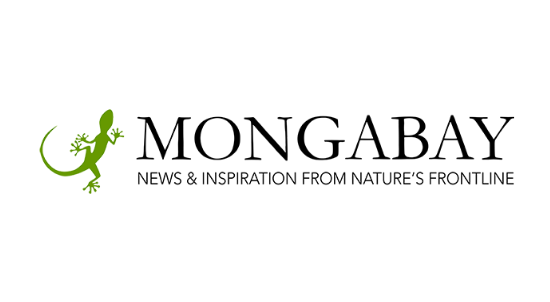 27 May 2020
27 May 2020Campaigners in Myanmar’s Tanintharyi region oppose $21m conservation project
Campaigners in the Tanintharyi region of southern Myanmar have urged international donors to support community conservation efforts, rather than what they see as a top-down approach that excludes indigenous groups. -
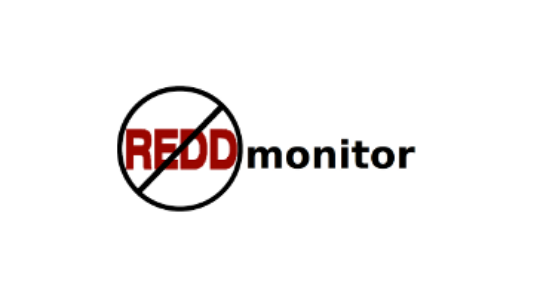 22 May 2020
22 May 2020Tanawthari Landscape of Life: Indigenous communities in Myanmar propose alternative to top-down conservation
The Conservation Alliance Tanawthari has put out a new report, titled “Tanawthari Landscape of Life: A Grassroots Alternative to Top-Down Conservation in Tanintharyi Region”. Here’s a joint press statement from CAT and Accountability Counsel. -
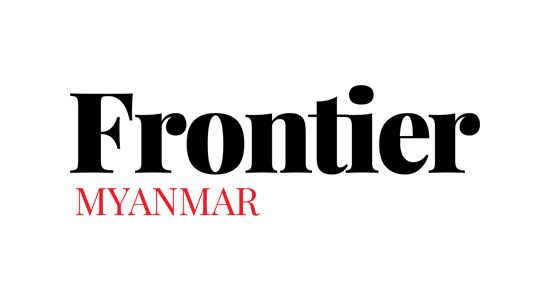 21 May 2020
21 May 2020In Tanintharyi, an indigenous alternative to Big Conservation
In Tanintharyi, an indigenous alternative to Big Conservation. -
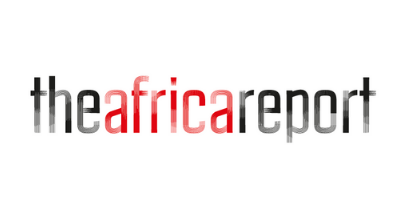 11 May 2020
11 May 2020IFC to freeze investment to for-profit education: small win in a long fight
The International Finance Corporation (IFC) announces a shift in education strategy that acknowledges the voices of the most marginalized. -
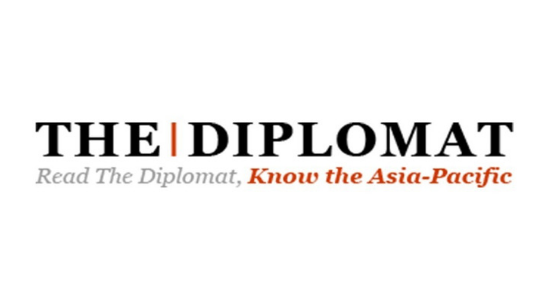 1 May 2020
1 May 2020The Missing Piece of Nepal’s MCC Debate
Addressing the concerns of local communities is key to Nepal’s $500 million question. -
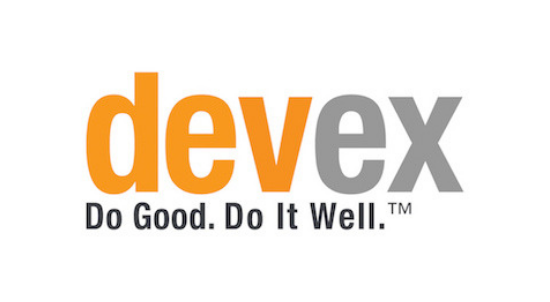 29 April 2020
29 April 2020No sunshine — DFC limits transparency when it is needed most
Just as the U.S. International Development Finance Corporation, or DFC, gets off the ground with the potential to chart a new era of U.S. overseas development, the institution has taken a worrying step backward. This is a negative signal to those who value transparency and stakeholder engagement — and is of particular concern for communities impacted by DFC projects. -
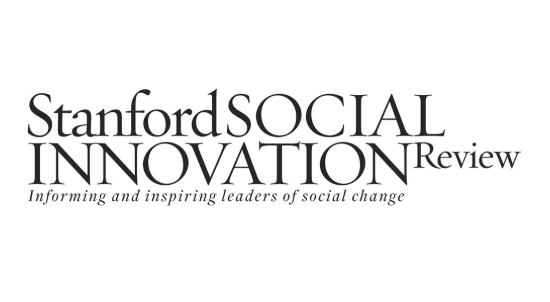 9 April 2020
9 April 2020Lessons From Mutual Aid During the Coronavirus Crisis
Community-led responses to the COVID-19 epidemic are providing a model for treating the vulnerable that should remain when this crisis comes to an end. -
 8 April 2020
8 April 2020Indian Tea Plantation Workers Look to the World Bank to Prevent a Coronavirus Disaster
Thousands of workers vulnerable to COVID-19 on Indian tea plantations expect urgent investment from a new World Bank funding package. -
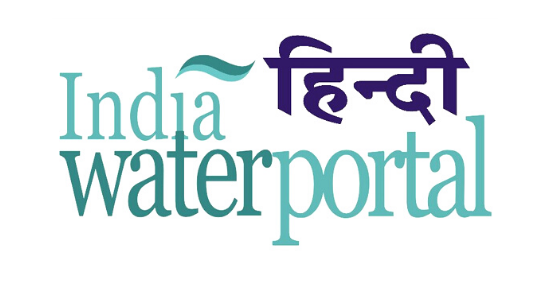 22 March 2020
22 March 2020In deep water
In the wake of a scandal revealing that the World Bank may have suppressed knowledge of money for the poor being siphoned off by elites, all eyes are on the Bank to see whether its commitments to the poor hold water. Now, the Bank has a chance to demonstrate its commitment to vulnerable communities––and not the wealthy few––by righting its wrongs in a massive water scheme the Bank is financing in rural India. -
 11 March 2020
11 March 2020World Bank finally approves Inspection Panel reforms after 2-year standoff
After more than two years of wrangling, the World Bank’s board of directors this week finally approved a package of reforms aimed at boosting accountability of its public sector lending. Campaigners described the reforms as a “watershed” moment but said they were just the beginning of changes that would need to be made. -
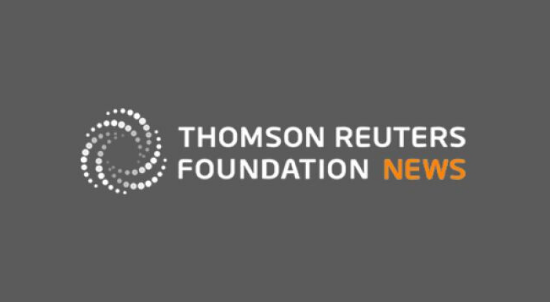 14 January 2020
14 January 2020Haiti farmers eager to receive compensation after ‘groundbreaking’ land deal
Located in Haiti’s northern region, the $300 million Caracol Industrial park opened in 2012 and now employs approximately 15,000 people, most of whom work in clothing factories there, according to the Inter-American Development Bank (IDB), one of the park’s main financial backers. In 2018 farmers like Augustin who had been evicted from their land in 2011 struck a rare deal with the IDB to provide Caracol’s 100 most vulnerable families with new, titled land. But 10 years after the earthquake that killed more than 200,000 people and made 1.5 million homeless, the farmers are still waiting to receive compensation for their land used to build the Caracol park. -
 14 January 2020
14 January 2020What the US International Development Finance Corporation needs to do in year 1
Touted as the most significant change to the foreign aid ecosystem in the United States in more than 15 years and a critical tool for countering China, the U.S. International Development Finance Corporation, or DFC, has a lot of expectations to live up to as it opens its doors. Accountability Counsel’s Stephanie Amoako shares recommendations for the building blocks needed to ensure that the DFC invests in a responsible manner. -
 12 January 2020
12 January 202010 Years Ago, We Pledged To Help Haiti Rebuild. Then What Happened?
The earthquake that struck Haiti on Jan. 12, 2020, unleashed one of the worst humanitarian crises in decades. In hard-hit places like Port-au-Prince, Haiti’s capital and most densely populated city, schools and medical centers collapsed. More than 300,000 homes were damaged or destroyed. The disaster is estimated to have killed at least 220,000 Haitians and displaced 2.3 million—about a quarter of the population. -
 13 December 2019
13 December 2019The case for public reforms to the World Bank’s Inspection Panel
More than 25 years have passed since the World Bank Group’s board of directors created the first independent accountability mechanism, the Inspection Panel, to allow communities harmed by bank-funded public sector projects to be heard and seek redress. Now a committee of the bank’s board is moving to make significant changes to the panel’s mandate and structure and without any public input. Without input from the very people the panel was designed to serve — communities impacted by the bank — the board risks making decisions in the dark that could lead to a weakened mechanism because it lacks the knowledge and insight gained by people who stand to both gain and lose the most from the reforms. -
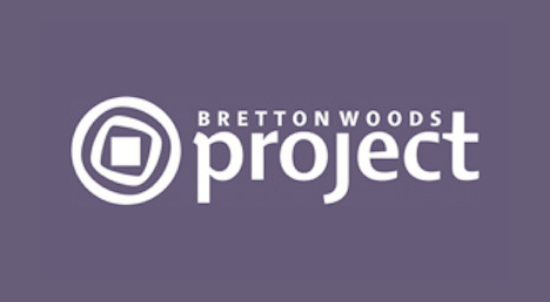 12 December 2019
12 December 2019Accountability Counsel launches key tool for accountability community
In November, US-based civil society organisation Accountability Counsel launched the Accountability Console, a new tool to provide communities, investors, policy-makers and researchers with comprehensive data on all Independent Accountability Mechanism (IAM) complaints to date. The tool includes cases from 24 IAMs of multilateral and regional development banks and other international finance institutions. -
 18 November 2019
18 November 2019New complaints database aims to strengthen accountability in development
The complaints that communities file to development agencies provide valuable lessons to prevent future harm. Now, for the first time, these complaints will not remain in the accountability offices where they were filed, or in an Excel spreadsheet accessible only to the accountability staff, but rather in an online database. Last week, Accountability Counsel launched a database that includes every complaint ever filed to the independent accountability mechanisms of bilateral and multilateral development finance institutions. -
 31 October 2019
31 October 2019Calls for IFC to create ‘remedy fund’ to compensate harmed communities
The World Bank’s private sector arm — the International Finance Corporation — should put a percentage of its profits into a “remedy fund” to compensate communities harmed by IFC-backed projects, accountability advocates have said. -
 22 October 2019
22 October 2019IFC fails to ensure proper work protection for tea workers in India
IFC’s failure to ensure proper working conditions for tea plantation workers like Bhuyan has been highlighted by its watchdog, the Office of the Compliance Advisor and Ombudsman or CAO — first in an investigation report in 2016, and later, in a monitoring report in January this year. In response, the World Bank’s private sector arm vowed to take the necessary steps to adhere to IFC’s performance standards. But almost 10 months later, the situation on the ground remains unchanged. -
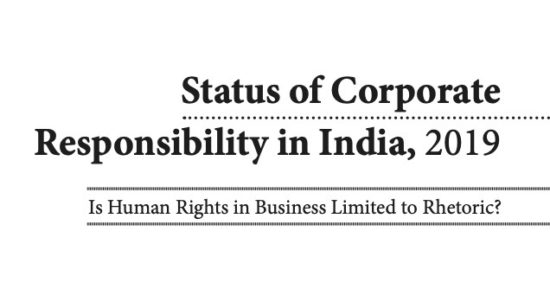 4 October 2019
4 October 2019Corporate Accountability: The Elephant in the Room for Assam’s Tea Industry
Anirudha Nagar, our Communities Co-Director, writes about the conditions tea workers face on APPL plantations in Assam for Corporate Responsibility Watch’s “Status of Corporate Responsibility in India 2019” report. -
 3 October 2019
3 October 2019Board decision could signal “vote of no confidence” in Inspection Panel
The World Bank’s executive board is expected to make a decision on proposed reforms to the Inspection Panel (IPN), the Bank’s independent accountability mechanism (IAM), ahead of the World Bank and IMF Annual Meetings in Washington DC in October. However, the review, due to be completed in October 2018, has been long-delayed. Our Acting Policy Director Stephanie Amoako is quoted in the Autumn 2019 edition of The Bretton Woods Observer, calling on the Board to decide on the Inspection Panel’s review in a way that results in an improved process that delivers accountability and meaningful remedy to affected communities.

